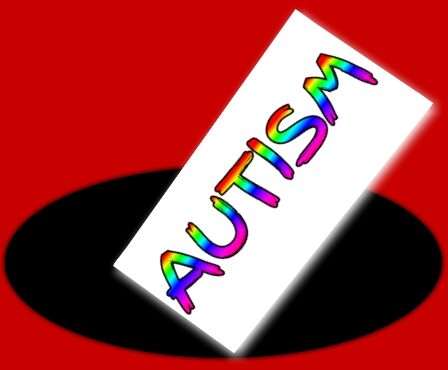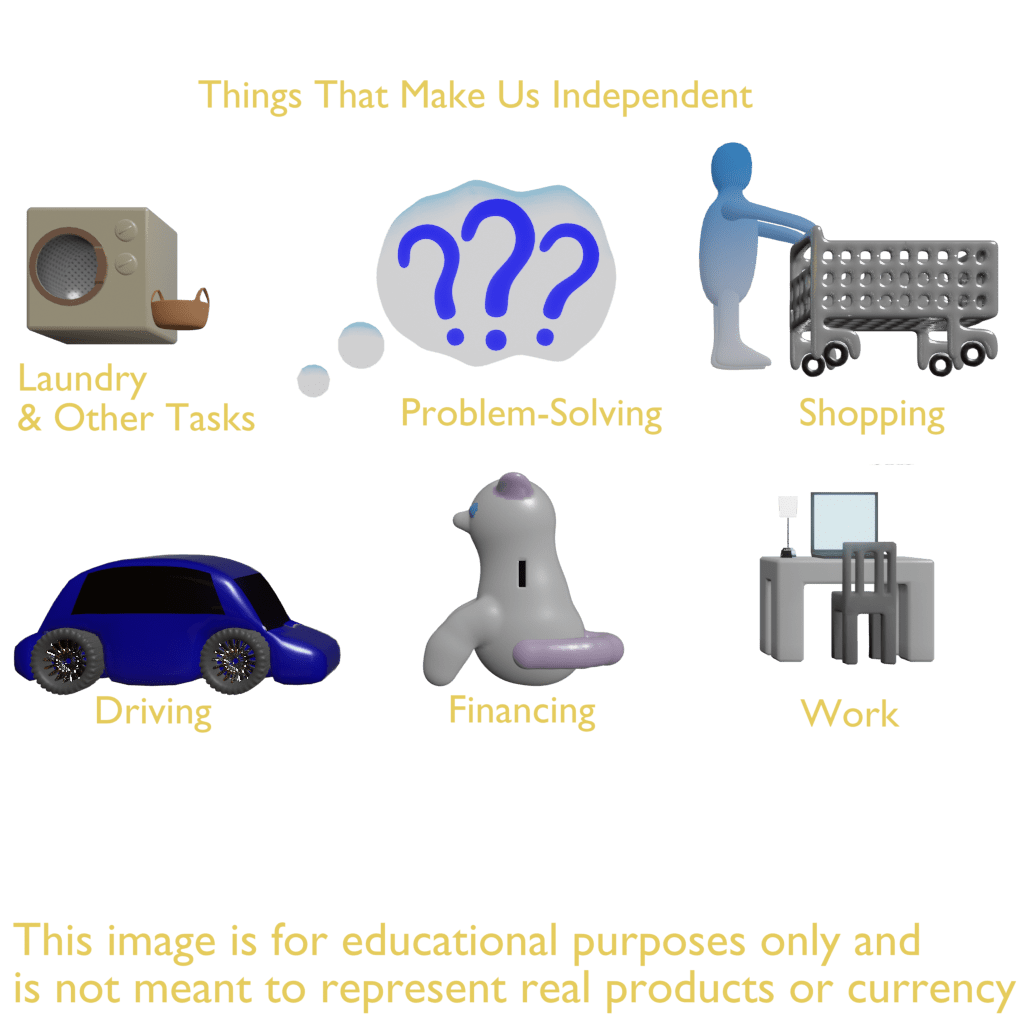
Introduction
The road to independence is a challenging time for many, as it involves significant upheavals in life, as dependence on parents wanes and independent living is slowly learned. Most individuals learn to drive a car, behave responsibly, clean up after themselves, keep a routine, do their own self-care and education for employment. But what if some people could never truly complete the journey on the road to independence or remained stuck?
What is it like to struggle with independent living as a person with severe autism? How can individuals with autism like myself find it easier to navigate the road to independence? What is it like to experience independent living from an autism perspective?
This blog post will seek to answer these questions about how I struggle with being independent, what it’s like to go through this and the differences between independent and semi-independent living.
What is independence?
Being independent means that you are capable of living on your own. An independent person can perform tasks automatically such as grocery shopping, appointments, maintaining a business, financial management, solving problems, paying a mortgage and driving a vehicle. These are all part of a routine. Individuals without these skills such as myself, often will have either their parents or carers help them become more independent through education and teaching.
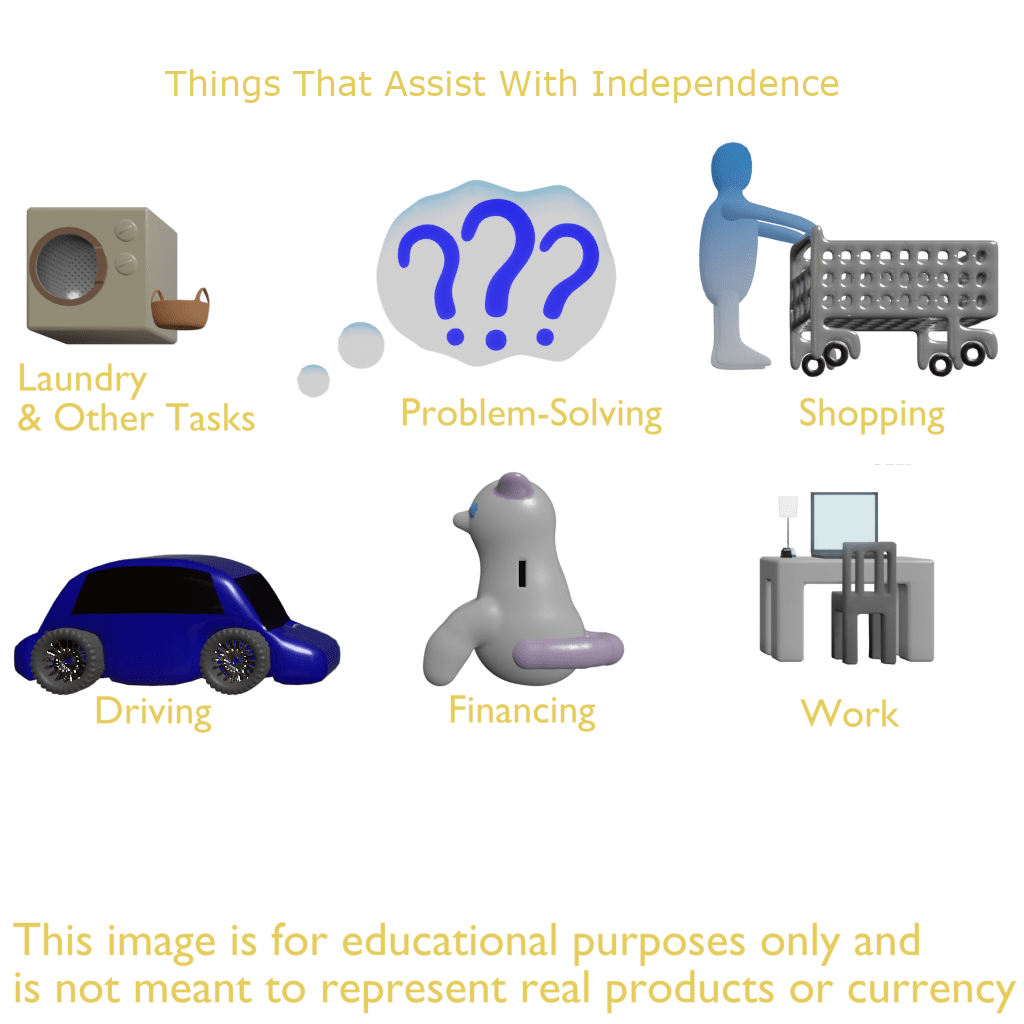
We are not born independent. We gradually learn independence from our childhood and no individual will learn at the same rate. Some individuals are never fully independent. These individuals rely on public transport for travel as well as carers to handle the rest of their tasks for them in life. This is called semi-independence. Some individuals through no fault of their own, can be fully independent in the mind but not independent in the body and vice-versa.
Individuals with autism spectrum disorder (ASD), particularly those severely affected, are more likely to be semi-independent, often living in group homes (also known as carer homes) or with their parents/carers. This capability for independent living varies greatly from individual to individual. In Australia, these individuals may receive assistance from the National Disability Support Insurance Scheme (NDIS), which provides daily living support and benefits.
Why gaining independence is challenging for individuals with autism
The road to independence from the lens of an average individual, is the ability to automatically complete tasks on a timely basis, creating a functional way of life that does not require much help from others (everyone needs a little bit of help now and again). Such tasks may include cooking meals, showering, employment and more. There are many more ways that individuals see themselves as independent such as driving a vehicle, managing finances and owning a house.
Significant research suggests that individuals with autism face hurdles in the road to independence, particularly in trying to achieve a stable form of living that involve both functional and psychological aspects of independence. Lower independence in individuals with autism could be explained by compounding challenges on the road to independence. Autism with comorbid mental health conditions, such as extreme anxiety or depression may play a role in achieving independence. Disruptions to cognitive functions and executive functioning can greatly disrupt the ability to plan, recall, transition from one task to another and be flexible in routine, which is crucial for being on the road to independence.
The inability to gain employment with adequate support from the workplace with sufficient training, a lack of autism-friendly entertainment and suitable public services are all barriers to living an autism-friendly life and gaining independence. These barriers can result in serious inequalities and may also cause negative outcomes later on in life, including little access to support and services, stigma, insufficient funding, financial scarcity and bad health (Bhattacharya, P., Matthews, R.J., Field, R. et al 2024).
My challenges with gaining independence
Gaining independence for myself was very difficult in my youth. In the early 2000’s, the Australian education system wasn’t equipped to handle special needs children with severe autism such as myself. This meant that I required my carer to obtain an Australian government exemption to educate me from home (also known as homeschooling). Due to my developmental delays (I was born 15 weeks preterm), autism, OCD and ADHD, I find that social skills are challenging to learn and practice.
As a child, certain video games such as the Sims 2 had a positive influence on my social etiquette and life skills through the visual representations such as the green vapour particles which appeared to emanate from the Sim when the hygiene meter reached zero. Because it made the body odour visual, this helped me to understand what hygiene was and the reaction of poor hygiene on other people. Though I have very much improved with social skills and etiquette as an adult, I still struggle with manners despite this and sometimes forget them.
These complications made the transition from childhood into adulthood more challenging than usual because I was always a few years behind when it came to decision making and overall mental age. This meant that when I was 16 years old, I had an 8-year old mindset because of developmental delays.
With the help of my carer and despite these differences, I gradually grew up in both body and mind. Although I am almost 30 years old now, I am still behind in maturity and ability. I am still on the road to independence, navigating the challenges of life and learning to be a successful blogger.
Maintaining a good sleep schedule is very challenging for me because of my delayed sleep phase disorder (DSPD). This “body-clock rhythm” is genetically determined. The disorder means that I sleep much later than everyone else which impacts my journey on the road to independence. As I don’t have a normal sleep-wake cycle, it is difficult for me to properly align with society’s normal sleep-wake cycles and daytime-oriented lifestyle.
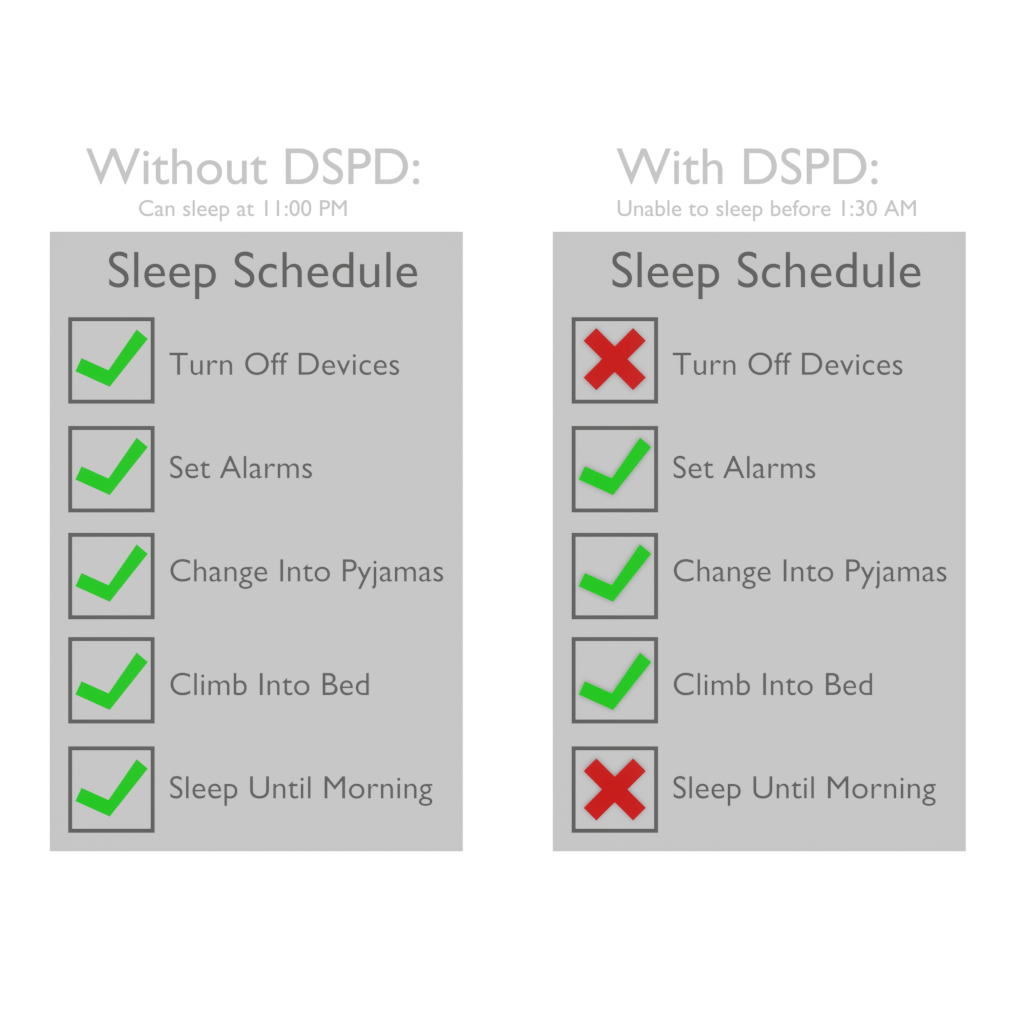
How technology helps me on the road to independence
Computers and the internet have had a very positive influence in allowing me to become independent. Technology & I get along very well because it was absolute (simpler and not variable) compared to humans which are not absolute. Much of my learning occurs online through the use of online tutorial videos, AI and Wikipedia as well as search engines such as Google Search and Scholar.
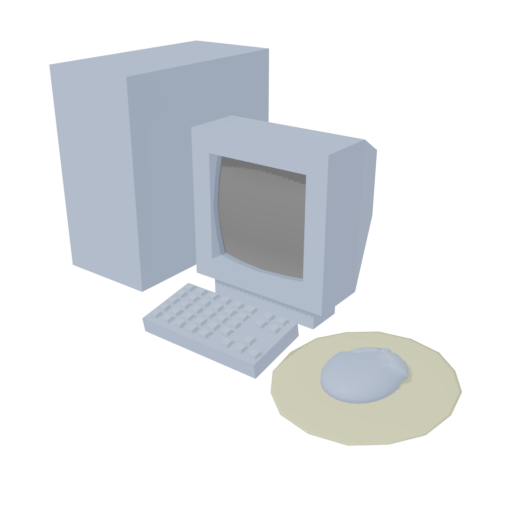
Because I grew up with the internet from a very young age, I can mostly keep up with the evolution of technology much faster than my carer can and learn about all sorts of things that help me stay on top of the digital game. Without the internet, the blog you are reading now would likely only be found in commercial newsletters and magazine articles. 📚
How managing finances helps me on the road to independence
Like most teenagers I also didn’t know how to effectively manage my finances or control my spending habits. This was made harder because I have attention deficit hyperactivity disorder, meaning that I would overspend money every month. This is also made worse with impulsivity, a known characteristic of attention deficit hyperactivity disorder.
I eventually began to budget more as I grew up from a teenager to an adult, learning the importance of frugality. I gradually learned to have my spending under control as I became more conscious and decisive about what to purchase or not.
How this blog helps me on the road to independence
This blog is designed to help spread awareness about autism and it’s co-morbid conditions, through sharing my lived experiences to further help the audience in gaining knowledge, understanding and compassion. Writing content for my blog gives me a daily purpose which keeps me motivated in life and I enjoy this work. My intention is to earn a living from this blog, which will assist me on my journey to independence.
My challenges with daily tasks
Daily tasks that form part of my routine such as making the bed, brushing my teeth, doing laundry and caring for Lilli’s needs are challenging for me. It takes 12 months (1 year) for me to learn a new routine or part of it which is why I find the road to independence so difficult. I find these tasks boring.
The scientific literature informs how ADHD affects the brain’s frontal lobe. In individuals with ADHD, the frontal lobe is wired differently to neurotypical individuals and this is what makes it harder for individuals with ADHD to directly (focus) their attention on something. Inattention allows us to divert our attention away from one source to another source.
Executive functioning is used to help plan our day, do several tasks at once and solve problems logically. Paying attention can be very difficult and mentally draining, especially when other interesting resources are around us.
In individuals with ADHD, it can be far more mentally taxing than usual to pay attention to tasks that need to be done. You may defer (put off) the task of making the bed again and again because the attention needed to do these tasks isn’t available. (Cleveland Clinic, n.d.)
After doing a very hard task or boring task, a small “dopamine dance” helps my brain by giving it an increase in dopamine levels. This dance trains my brain into accepting difficult tasks/chores which allows me to get through my daily routine. My ADHD brain is always chasing dopamine due to how my brain synthesizes (processes & uses) it (Marques, A., et al, 2021).
I also am very rigid in my thinking and prefer things to be a certain way and refuse change to my routine because it causes anxiety.
Despite these difficulties, I have no problems with feeding Lilli her cat biscuits and filling her chalice (water bowl) among a few other tasks such as making myself a sanger (sandwich) and blogging on the computer because these tasks create a dopamine hit.
Princess Lilli Lilac

Lilli has played a role in helping me on the road to independence because I provide care for her. As a therapy cat, she has helped provide a lot of emotional support over the years, so we naturally have forged a very deep friendship that will never expire and continue to love each other to this day. 💜
Conclusion
While I face many challenges ahead as an individual with autism to independence, I also have learned many positive things in life and overcome a lot of hurdles. Drop a reply in the comments below, and I shall see you on the next blog post! 📫
Disclaimer: The content provided in this blog post is based completely on my personal experiences and challenges navigating the road to independent living and should not be taken as professional advice.
References
Bhattacharya, P., Matthews, R.J., Field, R. et al. Experiencing Independence: Perspectives from Autistic Adults. J Autism Dev Disord (2025). https://doi.org/10.1007/s10803-025-06812-0
Cleveland Clinic. (n.d.). ADHD. Retrieved from https://my.clevelandclinic.org/health/diseases/4784-attention-deficithyperactivity-disorder-adhd
Marques, A., Marconcin, P., Werneck, A. O., Ferrari, G., Gouveia, É. R., Kliegel, M., Peralta, M., & Ihle, A. (2021). Bidirectional Association between Physical Activity and Dopamine Across Adulthood—A Systematic Review. Brain Sciences, 11(7), 829. https://doi.org/10.3390/brainsci11070829
